Finding resources
It is important to work with good quality and relevant information sources from which to get inspiration and to build on what has already been discovered, rather than to reinvent what has already been invented.
All scientific work is based on and builds on previous work, so it is necessary to use only relevant and verifiable facts from up-to-date, high quality, trustworthy and accessible professional information sources (e.g. CTU has access to a large number of professional databases containing various types of information sources) and to be able to search them effectively - see What is information retrieval?
It is really necessary to be familiar with what has already been produced and recorded in the literature. Some sources may serve for basic introduction and insight into the topic, others will support particular claims, others will contain data, somewhere you can take inspiration from the sources used and look up information unknown to you in the cited documents, etc.
How to determine the credibility of the information you have obtained?
Determining that a given piece of information or source is of adequate quality and will provide us with reliable information and data is quite difficult and time-consuming in today's information overload. It is therefore necessary to take this into account and to set aside sufficient time for searching and evaluating the results obtained.
There are several ways to evaluate the information obtained. You can set your own rules and criteria that you consider important. It is possible to learn the principles of critical thinking and to use different methods such as the C.R.A.P test or the SMELL test etc.
How to organise the information resources you have acquired?
It is important to keep records ( and full texts) of the information sources you have found so that you do not have to trace them back, often with difficulty. It is a good idea to store them in a way that they are ideally in one place and in some way organised (thematically, by the chapters, where they will be used, etc.).
How to get the full text?
Thanks to new technologies, it is possible to access different types of texts in different ways, even in full text and at any time (24/7) for online resources.
- Subscription-based academic databases that currently contain mostly full text of documents.
- So-called Open Access databases and repositories, which have the advantage of being freely available to all. At the same time, their credibility should be guaranteed.
- Borrowing from the library - directly or through ILLand EDD.
- Purchase.







